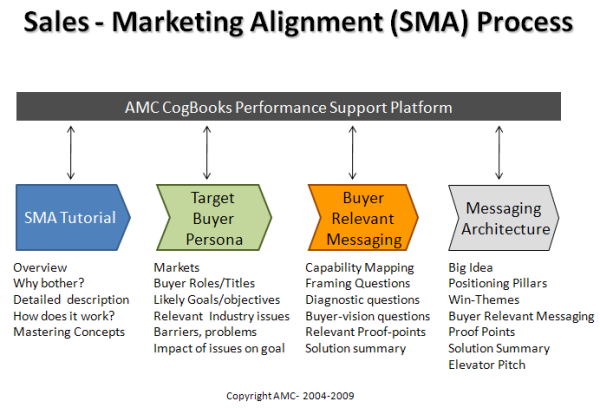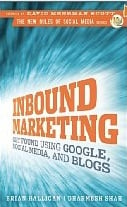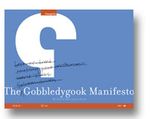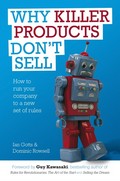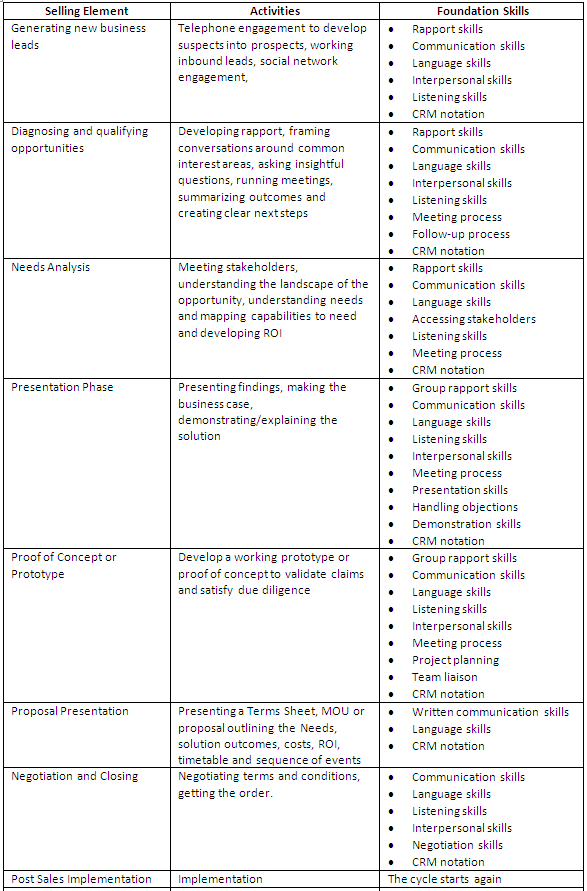I responded to a comment on LinkedIn last week on the topic "Marketing and Selling SaaS is hard!!!" on the difficulty in recruiting B2B sales channel partners and getting them to sell-through and I thought I’d expand on the subject with the help of my former colleague Bob Langer
. Here is the original article
Marketing and Selling SaaS is hard
This is a hot topic - not only for the new cohort of SaaS solutions providers, but for every entrepreneur with visions of channel sales success as well as medium sized companies wanting to sell innovative products through an indirect model.
Why Channel Sales?
The fundamental question is - why do you want to sell through channels?
Let’s assume you have some really strong business reasons for wanting to sell through the channel and everyone in your company, including the investors, is on board with the idea.
Before proceeding, please ask yourself the following four questions.
- Is your direct sales process fully optimized, to the point that you have identified your own best practices and everyone on the direct sales team sells the same way?
- Are you generating more inbound leads than you can handle meaning sales people spend all of their time speaking to interested prospects (inbound leads) who find you on the Internet -and are not cold calling or working on telesales developed leads?
- Is your product fully-baked, to the point where the code is stable, you have an SDK, standards-based API and fully documented instructions on how to extend and integrate with your product?
- Are your existing customers raving fans of your product?
I've worked about half of my professional selling career in OEM, VAR and Reseller channels roles where my responsibility was recruiting and driving sales through channels. Recently, I’ve consulted to numerous companies selling through channels.
Based on this experience I suggest that if the answer to all four questions above is not a resounding “yes”, then you are probably
not ready to sell through channels. I coined the phrase “when you are truly ready, the channel will show up”, based on years of direct work with and observation of how the vast majority of channel partnerships actually work.
Trying to move channel partners in a specific direction before either they, you, or more importantly, the market is ready, inevitably leads to wasted effort, cash and disappointment.
Now let’s assume you already have a committed channels plan in place, you have dedicated resources and a number of channels partners signed up, and like thousands of companies worldwide - your program stinks.
When I speak with CEO’s, they routinely point to weak channels as their number two problem in their B2B sales and marketing groups, right behind the top problem of insufficient qualified leads.
So how do we come to grips with the harsh realities of today’s market, the overall capabilities of channel partners and what we should really expect from them? The remainder of this post will provide some insights and recommended tools that you can use to actually improve channel performance:
Selling to the early market
First and foremost, is your product, service or solution based on a novel or discontinuous technology? If not, is it an evolution of an existing product or technology in an established market? The answer to this question is crucial.
• If your product is novel and truly disruptive, go back and answer the first four questions.
• Now that you have answered the questions again in your own mind, is there an established buying category and have your products been accepted by the early majority (mainstream market) or are you still selling to the early adopter market and trying to get across the chasm?
- If you are across the chasm and into the early majority, please go to the next question
- If you are selling to the early market then you will need your channel to sell the way the early market wants to buy. The early market buys differently from the mainstream market and it is a "value-created" or consultative sell.
- The "Technology Adoption Cycle vs. Risk" animation is adapted from our Selling in the Internet Age training course IMPACT Buying Concept.
- Most channels sales teams are geared for "value-offered" or "value-added" sales models and simply don’t understand how to, or have the skills to sell novel technology to early adopters.
- This mismatch in the early market "value-created" buying culture vs. the way the typical channel partner is selling (value-offered or value-added) is the biggest reason why so many channel partners and programs fail. Follow this link to a discussion on why value-created selling is key to penetrating the early market. You might want to have a discussion with your direct sales team on this topic as well and buy a few copies of the book Why Killer Products Don't Sell.
Selling to the Mainstream Market
If you’ve made it and sold your way across the chasm, congratulations are in order as this is a fantastic achievement for any business. If you're positioning a new product in an established buying category, with established competitors then you face another set of interesting challenges:
- How are you planning to, or how did you acquire your existing partners?
- Do they fit with where you are today and where you need to go?
- What relevant training and support have you provided for them?
- Have you developed your own Messaging to raise the standard of conversations your direct sales team has with target buyers and to differentiate your product vs. competition and, more importantly, have you trained your partners to use it in role-playing situations?
- Don’t expect the channel sales team to figure this out on their own. Most have other products in their portfolio to sell and they are probably more comfortable doing so.
- Channel sales performance is a direct result of how easy you make it for their salespeople to position and sell your product and the market demand for the product class.
- If all your channel have is a PowerPoint, brochures and a price-list parked on a portal somewhere and distant memories of a ½ day product pitch from your product management team, then you will fail.
- Have you planned to collaborate on lead generation programs and have you shared leads with them?
- Have you gone on their first half dozen sales calls to give them feedback and coaching on their sales calls?
What channels sales people need to be successful
If you plan to spend as much or more effort on training the channel to sell as you do your direct team, then this is a good equation. In the post-Internet era the value of a 1:1 call with a buyer has risen by an order of magnitude; here are a few suggestions as to what direct and channel sales people need to be successful.
- Product knowledge and how to position relevant capabilities and to diagnose and qualify if these capabilities are relevant
- d. The ability to have the buyer envision using your product and/or service in solving their problem
- e. Understanding and leading the buyer through the value-exchange in using your product and the associated ROI.
- f. Communication, language skills, sales-craft skills and tools for Selling in The Internet Age
- Big Idea narratives and visual confections that tell your story and guide conversations with target buyers, supported by proof points to create a story that engages the buyer, create true differentiation for both direct and channel salespeople
Where the channel works really well
In today’s technology market, there are many great examples of highly functional and well-developed channels. Cisco Systems, Microsoft and Salesforce.com have surrounded themselves with hundreds of thousands of partners that deliver, implement or extend their products and services with a high degree of effectiveness.
This primarily occured because all three companies realised that extending their ability to reach a broader audience would best be served though a channel. Except for Microsoft, channel success ocurred after their markets were well developed and beyond the chasm, it was easy for the value-added partners to do exactly what they do best, e.g. add value.
To enjoy the highest level of success with your channel, understand what they can and can’t do for you, equip them to win and set mutual expectations. Most importantly, even though they are not your employees, treat them like they are, invest in training them like they are your own and manage them closely.
Otherwise, don’t be surprised when they fail to deliver.





